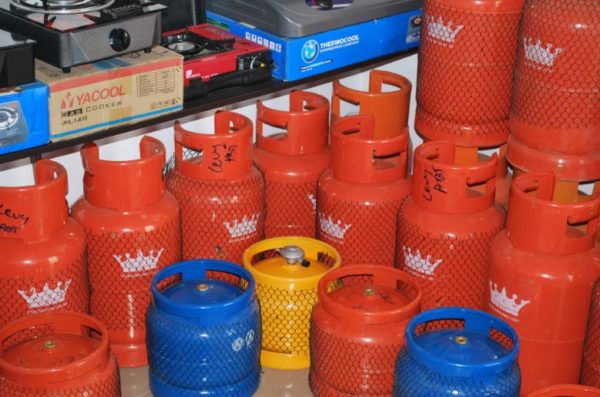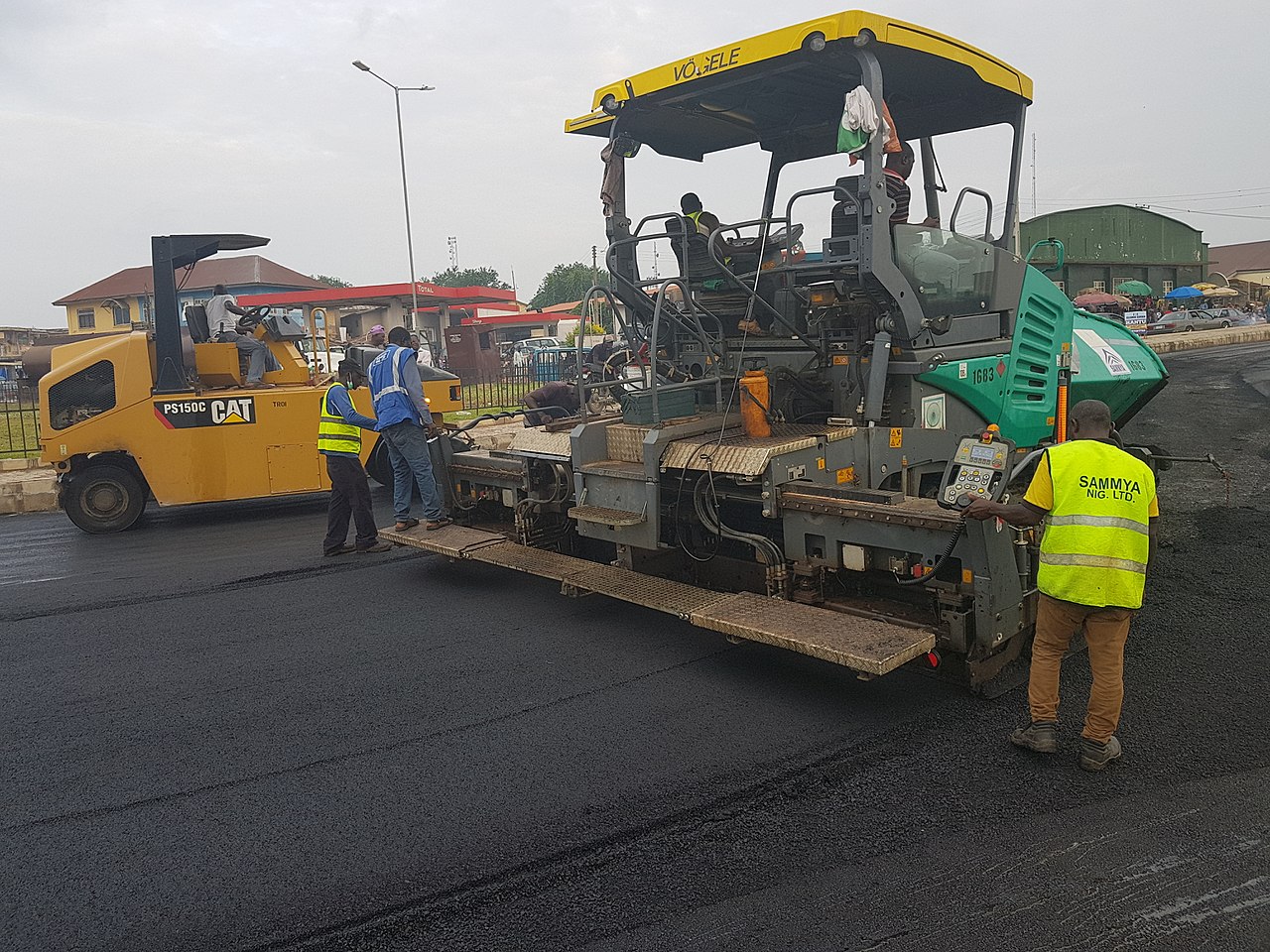Nigerian Civil Aviation Authority (NCAA) has attributed inadequate funds as one of the major challenges confronting night flight operations in airports across the country.
The Director-General of NCAA, Capt. Musa Nuhu, in Lagos on Monday and said that poor infrastructure also contribute to the challenges faced in night flight operations in the country’s airport.
He disclosed the facts of its challenges for smooth flight operations at all times on the sideline of the just concluded 26th Annual Conference of the League of Airport and Aviation Correspondents (LAAC).
The theme of the seminar is: ‘Sunset Airports: Economic and Safety Implications.
Nuhu explained that any airport, which decided to expand its operations beyond dusk required large financial and compliance with other important conditions for safe landing.
However he said that some of the conditions included adequate number of competent personnel, adequate power supply and availability of ancillary service providers, among others.
The director general also mentioned inadequate fund and infrastructure as the major challenge confronting such project in Nigeria that requires urgent attention by relevant authorities.
Nuhu noted that according to statistics provided by the African Development Bank (AfDB) in 2019, indicated that the country would require over N1.5 trillion to fix airport infrastructures gap in the country.
The NCAA boss also mentioned security risks and traffic level as among the challenges associated with 24 hours airport operations in the country.
He said: “All manners of security risks including kidnapping, robbery and others are evolving rapidly in many parts of the country.
“The evolving security challenges make night operations dangerous because many airports, by reason of construction and operational requirements are located mostly in the outskirts of town.
“The risks are enormous and seriously impacting on airports’ operations, airport workers and airline passengers/crew even in daytime.
“Due to downturn in the country’s economy, available data shows that the levels of passenger and traffic activities are not financially viable or self-sustaining to operate a majority of the airports beyond sunset.”
Nuhu mentioned airport and Air Navigation Services (ANS) infrastructure, search and rescue and airline capacity as some of the safety implications of sunset – sunrise airports.
He said the high risk of accidents during night operations at airports due to inadequate power supply from primary supply and secondary supply.
Nuhu said night operations solely depend on functional and appropriately calibrated landing aids, serviceable automatic weather stations and others, lack of which can lead to catastrophic consequences during night operations.













